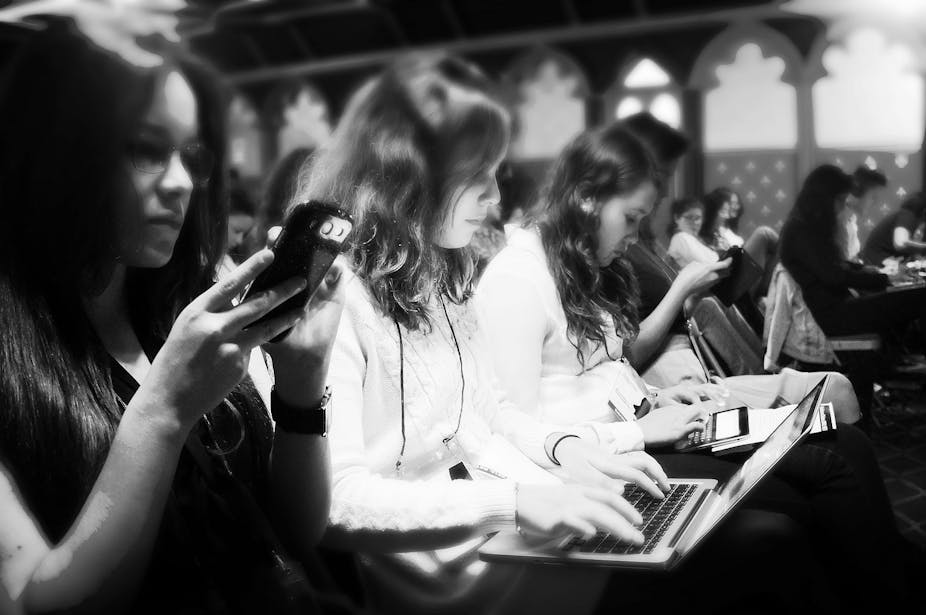The Conversation’s FactCheck unit has become the first fact-checking team in Australia and one of only two worldwide accredited by the International Fact-Checking Network, an alliance of fact-checkers hosted at the Poynter Institute in the US.
The only other fact-checking team accredited under this process is the Washington Post’s Fact Checker.
The accreditation process is part of a broader effort by media outlets to restore reader trust in a world where anyone can claim the title FactCheck – whether or not they have approached the task in a fair, rigorous and impartial way.
Facebook has said being a signatory to a code of principles developed by the International Fact-Checking Network (IFCN) at Poynter is a condition for being accepted as a third-party fact-checker on the social network. Facebook is partnering with news organisations in an effort to weed out so-called “fake news”.
The accreditation means The Conversation’s unique approach to fact checking has been assessed by an external panel as compliant with the code of fact-checker’s principles, which require non-partisanship, fairness, transparency of funding, sources and methods, and a commitment to open and honest corrections.
Accredited organisations can use the International Fact-Checking Network’s verification badge to demonstrate compliance with the principles.

In its application for verified status, The Conversation described its unique methodology, in which we ask academics with subject expertise to test claims by public figures against the evidence, and seek sources and comment from the person we are fact-checking. The draft is then blind reviewed by a second expert who doesn’t know the identity of the lead author.
The external assessor described the The Conversation as “a refreshing combination of journalistic writing with academic expertise” and praised the peer-review process, commenting:
This gives it an additional layer of protection in the realm of fact-checking and presenting non-partisan information on a variety of key subjects to a worldwide audience… The Conversation’s experts analyse the claims and then provide a “verdict” about whether the statement(s) was false, overstated or correct, noting the grey areas in how those facts may have been misinterpreted or misrepresented, which is an additional layer I found the public could find useful.
I have to say as a college professor (now) and journalist (then), this combination of fact-checking through an expert and peer-review is one of the more innovative models I have encountered or read about.
The Conversation’s verified status is valid for one year, after which it will be reviewed. You can read more about the International Fact-Checking Network’s admissions process here.

